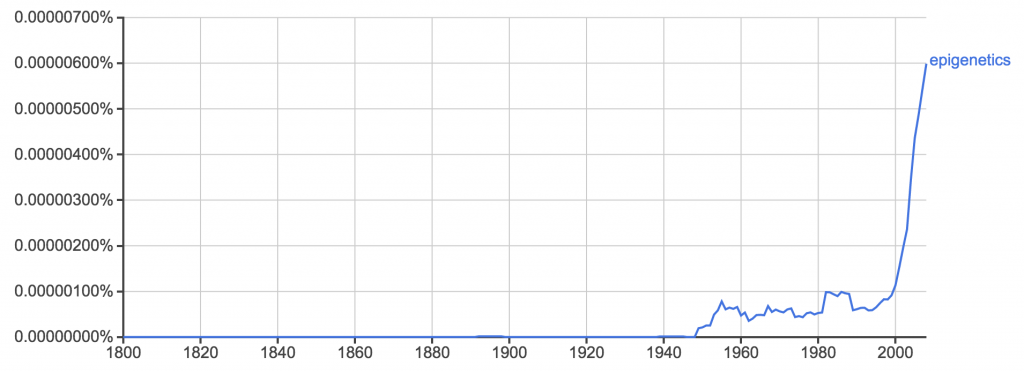 Epigenetic: The Imprinter Of All Maladies
Epigenetic: The Imprinter Of All MaladiesEpigenetics is everywhere. Nary a day goes by without some news story or press release...
 PubMed Commons: Post-Publication Peer Review Goes Mainstream
PubMed Commons: Post-Publication Peer Review Goes MainstreamI have written a lot about how I think the biggest problem in science communication today is the...
 GMOs And Pediatric Cancer Rates
GMOs And Pediatric Cancer RatesThere’s a post being highlighted by anti-GMO activists on Twitter that claims that cancer is...
 Let’s Not Get Too Excited About The New UC Open Access Policy
Let’s Not Get Too Excited About The New UC Open Access PolicyIt was announced today that systemwide Academic Senate representing the 10 campuses of the University...






